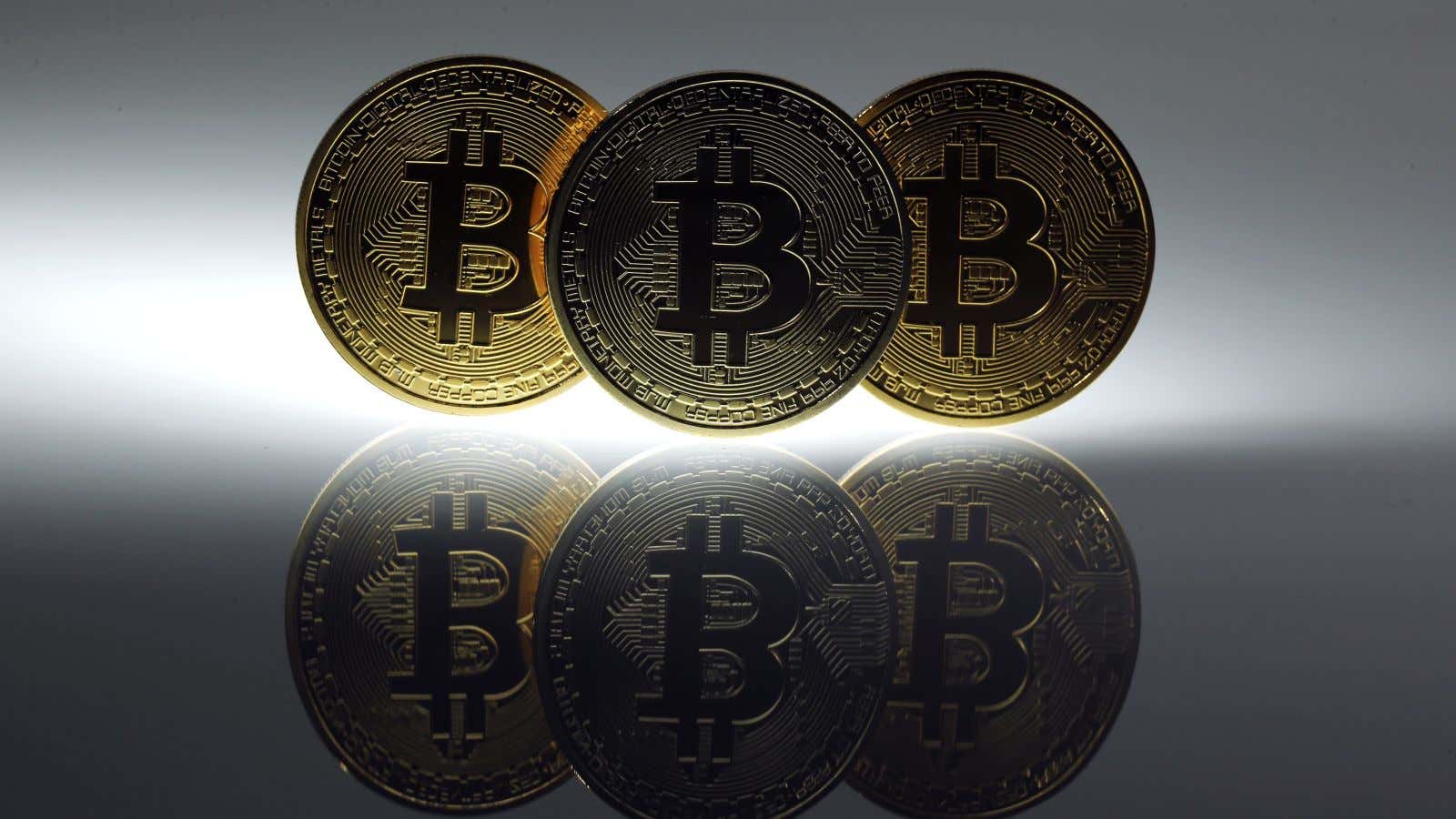India’s central bank may have shunned cryptocurrencies, but its market regulator is keen on understanding them.
The Securities and Exchange Board of India (SEBI) has sent teams on international study tours to understand how other countries have handled virtual money, its annual report released last month said.
The teams have visited Japan’s Financial Services Agency, the UK’s Financial Conduct Authority, and the Swiss Financial Market Supervisory Authority during trips organised to study initial coin offerings and cryptocurrencies. However, the report doesn’t mention when the visits took place.
The Indian government, too, is making attempts to understand the ecosystem so that it can be regulated. SEBI chairman Ajay Tyagi is also on the government-appointed committee looking to understand it. Other members include BP Kanungo, deputy governor of the Reserve Bank of India (RBI), Subhash Chandra Garg, secretary in the department of economic affairs, who heads the panel working on guidelines expected by the year-end.
While cryptocurrencies do not pose a systemic risk at the moment, they cannot be ignored, Tyagi had said earlier. The initial coin offerings, equivalents of initial public offerings in stock markets, have also come under the SEBI’s scanner.
“We are happy that the government and the regulators are trying to understand the system. But what is the point if it is not yielding any results,” asked an official of a New Delhi-based cryptocurrency exchange, requesting anonymity. “On various occasions, we have also made various representations to the different stakeholders to help them understand the contours better but we haven’t seen any positive results so far.”
SEBI’s attempts are a far cry from the stance adopted by the RBI.
In June, the central bank accepted it had cracked down on cryptocurrencies without consulting the laws or research being followed by other countries. In April, it had directed all banks to wind down all accounts and business relationships with virtual currency exchanges and traders within three months.
However, now the RBI fears it may push the industry underground, fueling more illicit activities.
All eyes are now on the Sept. 11 hearing in the supreme court where the exchanges have challenged the RBI diktat. Besides the central bank, SEBI, the Narendra Modi government, the enforcement directorate, and the income tax department are parties to the case.
